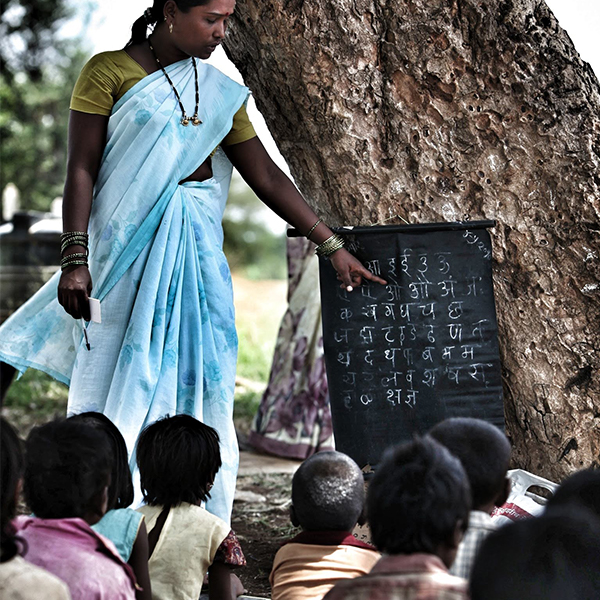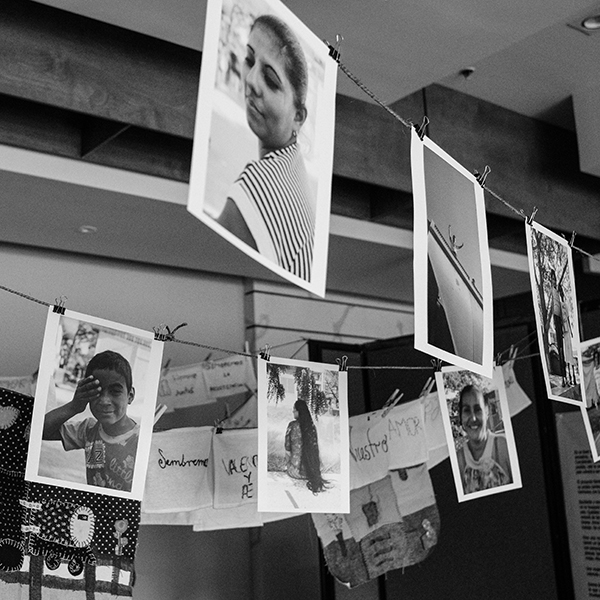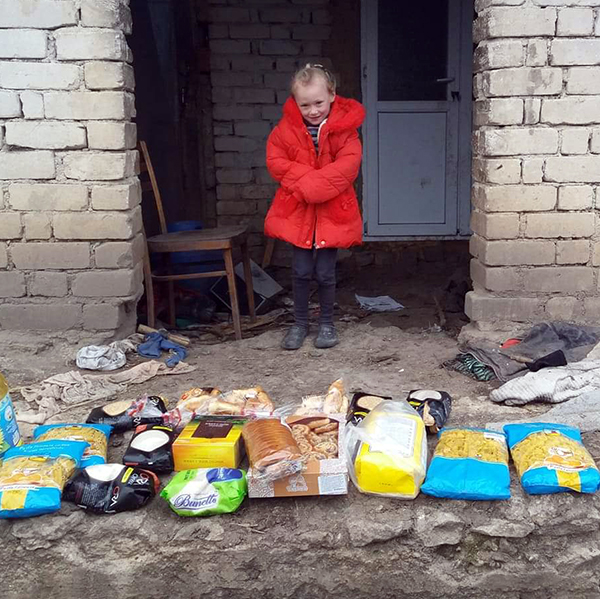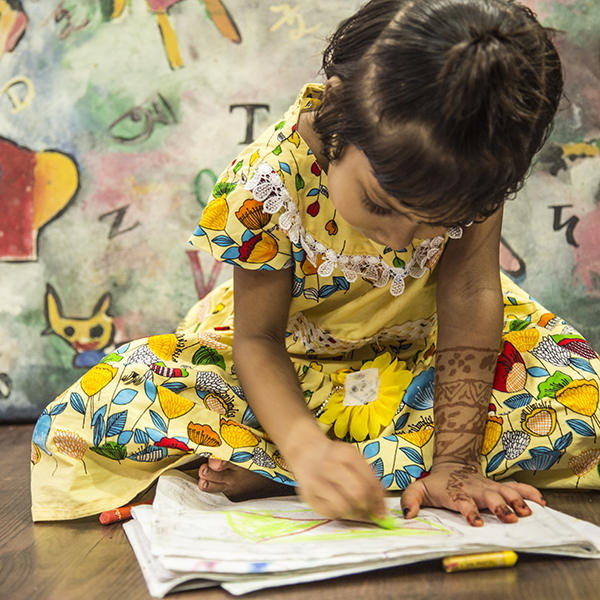In marginalized and vulnerable communities, the coronavirus pandemic is rapidly deepening social inequalities, further limiting access to health, education, and safety for thousands of children around the globe.
While the coronavirus can affect anyone, it is devastating for children living in fragile places like conflict zones, refugee camps, and urban slums.
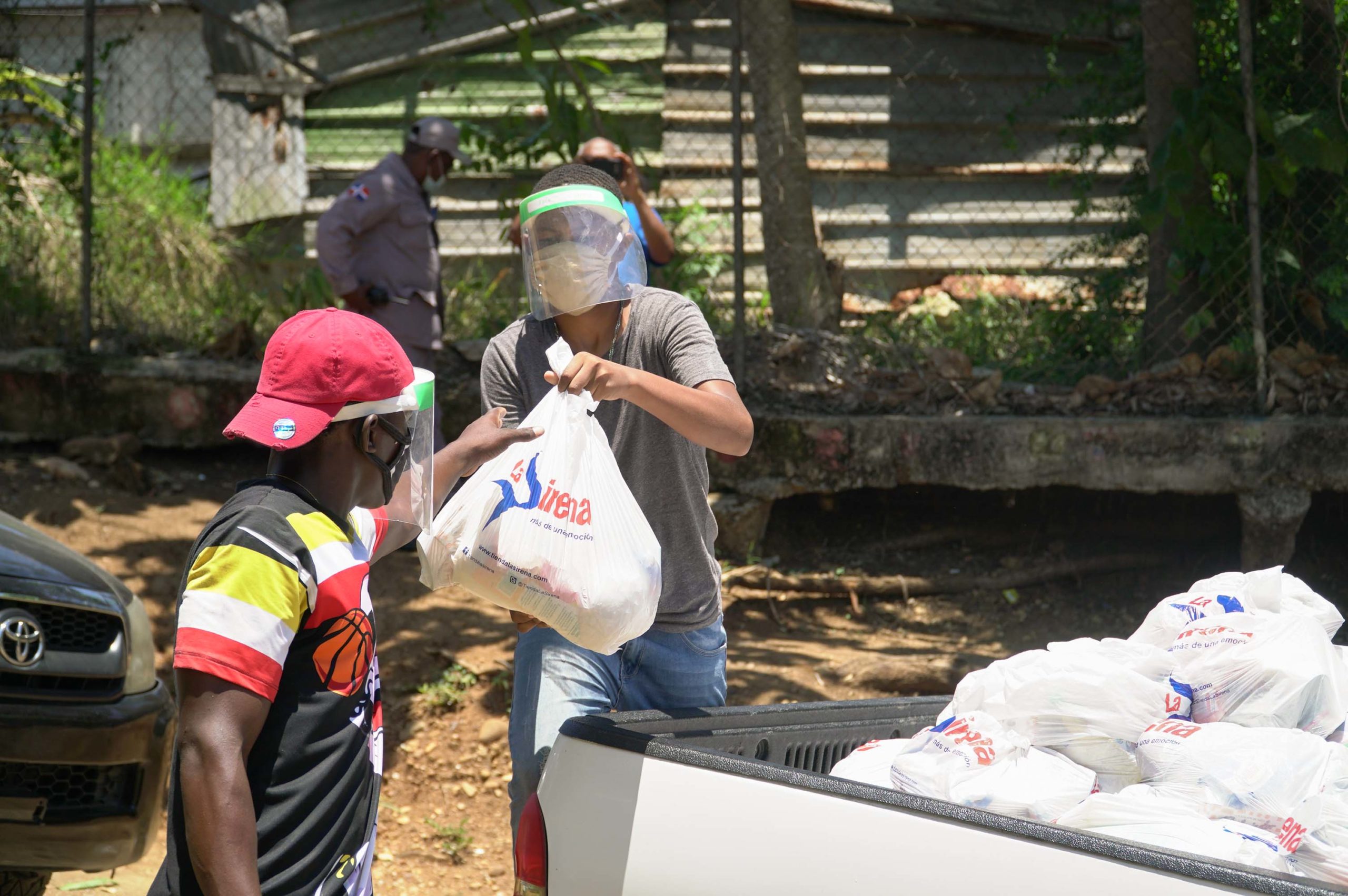
Brave efforts to provide solutions are already emerging, but global coordination is urgently needed to prevent this health crisis from becoming a crisis of children’s rights.
As nonprofit leaders in children’s empowerment, we have been presented with a significant opportunity to protect and even strengthen children’s rights and agency. Like never before, we have the chance to confront the persistent narratives that represent children as people without ideas or resources of their own, with little or no ability to understand the adult world and to contribute to social change.
Kids are not just a group that needs protection. They are also not just “the future.” They are individuals with needs, dreams, projects, and opinions, who have the inherent right and capacity to contribute to decisions that affect their lives. They are the present.
So, is it possible to design care and protection measures that recognize the serious and immediate impacts of COVID-19 on children and, at the same time, respect and promote their agency in the long term?
Can we reimagine a future in which care is a political act that involves children not just as passive recipients, but as agents with power to contribute to – and even ignite – collective wellbeing?
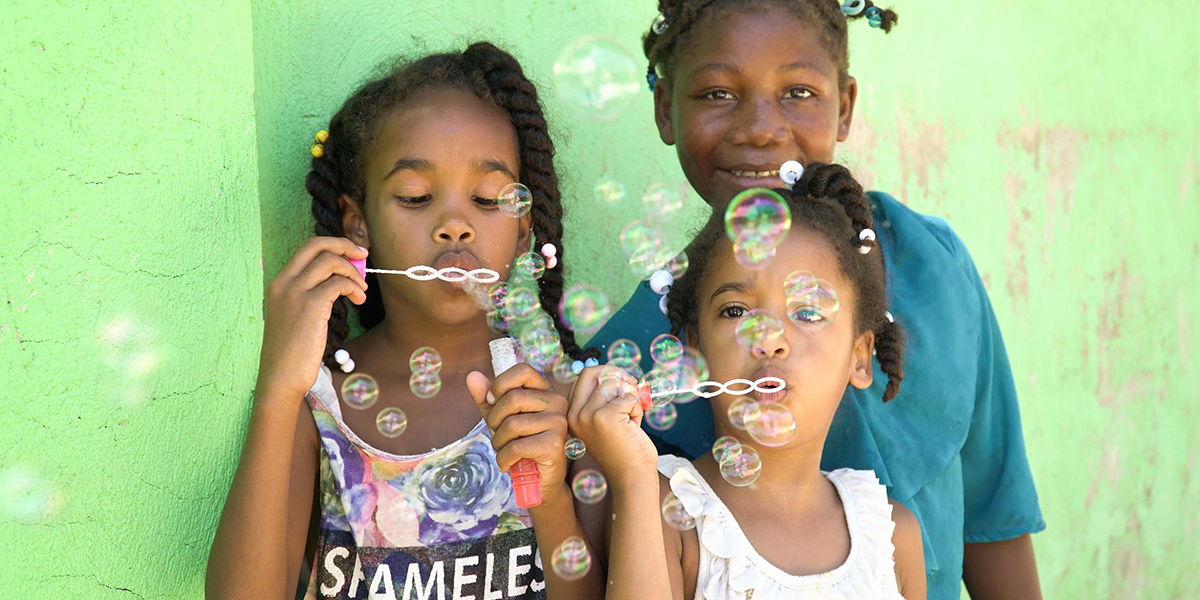
Here are four ways we can begin:
1. Stop explaining and listen instead.
We adults are so concerned with explaining things to children, we often forget to listen to them.
Ensuring that children understand and are prepared for the adult world and its crises is not our only task. We must also foster conversations founded in respect and shared understanding, avoiding the temptation to translate children’s opinions into an adult perspective. To listen to a child is not an isolated activity, but a day-by-day disposition to foster more equal relationships.
Children have creative and powerful ideas to overcome this emergency. They can contribute to building new forms of care and solidarity in the midst of chaos. Listening to them means hearing their voices, but also observing their expression through art, movement, song, and play. When we open our minds to children’s agency, we will see new solutions arise.
2. Give room to emotions – even the unpleasant ones.
It is okay – and healthy – to acknowledge that this is a scary time for children.
They are likely to be experiencing worry and fear. They no longer have the structure and stimulation that school provides. They have less opportunity to be with their friends and receive the social support they need for healthy mental wellbeing.
A respectful and productive dialogue with children regarding COVID-19 can start with two simple questions: What do you think is happening? and How do you feel about it?
As adults, we cannot control or reduce children’s emotional response to a range of limited expressions that we consider healthy. Children are perfectly capable of processing complex and unpleasant emotions, such as pain, fear, anxiety, and uncertainty.
Rather than protecting and distancing children from these emotions, we must recognize that they exist and support their healthy processing by giving them safe spaces to express themselves. Helping children process and move through their emotions creates resilience – equipping them to face future uncertainties, strengthening empathy skills, and contributing to family and community cohesiveness.
Instead of viewing them as an obstacle to overcome or avoid, children’s emotions can be a vehicle for dialogue between equals that ignites the shared search for coping mechanisms. Let us trust the resources of childhood to face this crisis and, at the same time, let us work together to identify new strategies of emotional care that allow children to move through this difficult situation.
3. Engage children in your crisis response.
The United Nations Conventions on the Rights of the Child states children have the right to be active participants in all matters affecting their lives. Although we have often understood these rights as a series of specific protection measures that are up to us as adults to assert, their meaning is much more complex.
Supporting children’s agency is about recognizing that children have a right to make choices and decisions, actively participate in community initiatives, and initiate their own learning processes.
Children’s rights can’t be framed as an ideal or a series of good intentions, especially in times of crisis. During this pandemic, community organizers, school administrators, nonprofits, and others can help change intentions into action.
- Empower community members to keep children safe: Educate your community on the importance of reporting concerns about children’s safety during the lockdown, and encourage them to play a role in raising awareness about safety concerns.
- Solicit children’s ideas: Consult children and adolescents, including girls, in the design of all your strategies and interventions. For example, include children in the design and implementation of creative media initiatives to prevent and understand COVID-19. Organize safe, virtual spaces where children can talk about their mental health and wellbeing and propose ideas for how to spend their time while in lockdown.
- Support youth leadership: Encourage and support youth leaders who want to take an active role in their communities’ prevention and recovery efforts, by providing platforms for their ideas and supporting their fulfillment.
It is not enough to simply consider the plight of children as we develop our response to this pandemic. We must also recognize their specific needs, provide them with clear and timely information, and build spaces for horizontal dialogue where they can exercise their citizenship and express concerns, needs, and proposals for action.
In this way, we recognize them as active participants in our families and communities, respecting their decision-making capacity in all matters that significantly affect them.
4. Recognize and celebrate diversity.
Some children’s voices are easier to hear than others. This is the case in vulnerable communities or even within a household where certain children can dominate while others become effectively invisible.
We must be mindful of this disproportionate effect and strive to identify and respond to everyone’s needs.
Girls, indigenous children, children with disabilities – all of these groups have specific needs and proposals, and it is our task to create inclusive systems and environments where they can be themselves. Some ways to achieve this are:
- Gather data: Collect, analyze, and use data disaggregated by sex, age, race, disability, and other relevant diversity metrics. This can provide greater insight into the specific situations of vulnerable groups, make their needs more visible, and inform more effective responses.
- Build understanding: Engage children, caregivers, and other stakeholders to understand cultural beliefs and practices that can protect or endanger children during an outbreak. Share accurate information and debunk harmful myths about the disease that can provoke prejudice and violence.
- Foster community-based protection: Work with local key actors and advocacy groups to identify strategies to prevent and protect vulnerable groups. This includes using a diversity perspective to analyze the impacts of COVID-19 in specific contexts and to specific children. It also includes prioritizing the heightened risks of sexual and gender-based violence during crisis.
It is the sum of a variety of efforts that will give us the keys to beating this crisis.
At Global Fund for Children, we are committed to strongly supporting grassroots organizations that seek to protect children and youth while promoting their rights. Today more than ever, young people are essential to overcoming this moment of uncertainty and fear, rethinking humanity, and building new paths of solidarity and understanding.
